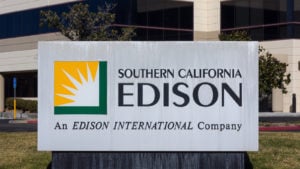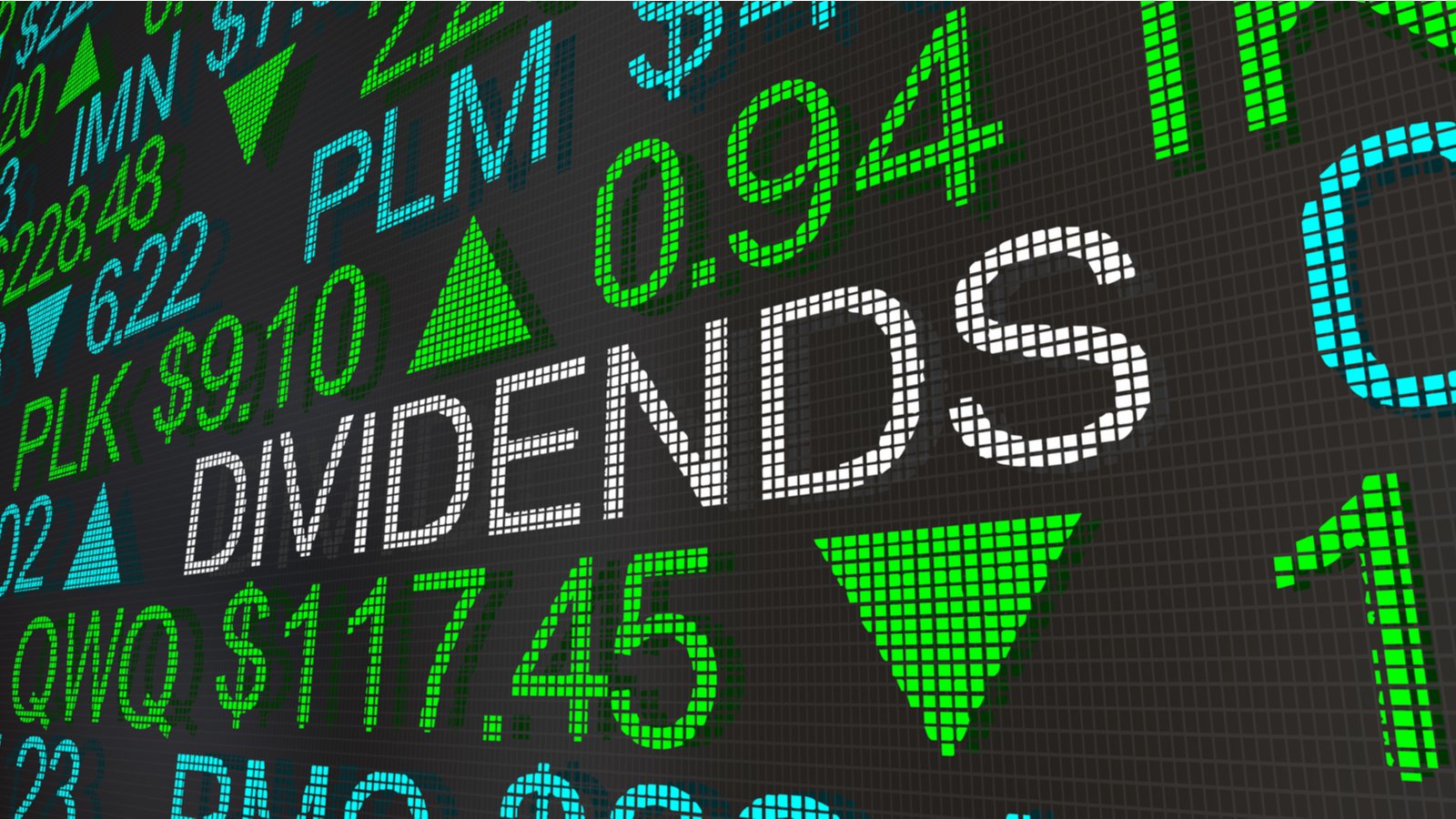These six bargain dividend stocks have dividend yields over 3% and low valuations. That makes these stocks good investments for the value investors. They don’t want to overpay for growth and yet they still want to receive good income in the meantime.
These stocks have the ability to pay their dividends given their good earnings power. Moreover, these stocks all have good growth prospects, which allows them to keep raising the dividend payments.
Investors in these stocks should have a better than average chance of surviving a recession and/or a period of high inflation. That is why these bargain dividend stocks can be seen as good investments for the long term.
| NRIM | Northrim BanCorp | $41.84 |
| MPW | Medical Properties Trust | $17.95 |
| EIX | Edison International | $70.08 |
| UGI | UGI Corp | $43.70 |
| VZ | Verizon Communications | $43.70 |
| LYB | LyondellBasell Industries | $115.25 |
Bargain Dividend Stocks: Northrim BanCorp (NRIM)

Market Cap $239 billion
Yield: 3.99%
Northrim BanCorp (NASDAQ:NRIM) is an Anchorage, Alaska community bank and home mortgage lending company. It is one of the best cheap stocks as it has an 8.5x P/E for this year and 6.5x for next year. This company has good growth prospects and a 3.99% dividend yield.
The bank has hiked its dividend every year over the past 12 years. It has paid a dividend in each of the last 26 years.
Moreover, it has a tangible book value (TBV) of $194.4 million. Its stock market value of $239 million is only 22.9% over the TBV.
Moreover, analysts forecast that earnings will rise from $5.04 this year to $6.41 next year, a 27% growth rate. The cheap valuation, dividend yield, and growth make NRIM stock one of the best value stocks.
Medical Properties Trust (MPW)

Market Cap $11 billion
Yield: 6.34%
Medical Properties Trust (NYSE:MPW) is a hospital REIT. It has 431 hospital facilities and 43,000 licensed beds in nine countries. MPW stock has good earnings prospects and shows a 6.34% dividend yield, paid quarterly, with its $1.16 annual dividend. It has also had nine consecutive years of dividend growth.
One of its chief advantages, which the company highlighted in its first-quarter earnings conference call, is its inflation-protected leases for hospitals that it owns. As a result, the company won’t be hurt as much by higher inflation over the coming year. It can pass on inflation-based increases in rent to its hospital operators.
Analysts forecast $1.83 in funds from operations (FFO) this year and $1.91 next year. This puts the stock, at $17.98 as of June 2, on a forward earnings multiple of 9.82 times.
Edison International (EIX)

Market Cap $26.6 billion
Yield: 4.02%
Edison International (NYSE:EIX) is an electrical power generator in Southern, Central, and Coastal California with over 15 million customers. EIX is forecast to produce $4.52 in EPS this year and $4.85 in 2023.
At $69.99 as of June 2, EIX stock has a P/E of 14.66 times. Moreover, given its $2.80 annual dividend, EIX stock has a dividend yield of 4.02%.
EIX has paid a dividend for the past 18 years on a quarterly basis. In fact, it has raised the annual dividend every year for the past 18 years. That should give investors comfort that this will occur in the future, recession or not. This fact will allow EIX to hold up well during a possible economic downturn.
Everyone needs to buy electricity and pay their electric bills even during a recession. That makes this stock a good and steady investment going forward.
UGI Corporation (UGI)

Market Cap $9.14 billion
Yield: 3.37%
UGI Corp (NYSE:UGI) is a propane and natural gas distribution and marketing company, and an electric power plant company based in King of Prussia, PA.
Analysts forecast that 2022 earnings per share will reach $2.92, and 2023 EPS is expected to rise 10.8% to $3.24.
At $43.53 per share on June 2, UGI stock is on a forward P/E of 12.56 times forward 2023 earnings. In addition, its $1.44 dividend payment yields 3.37%. Moreover, the company has raised its dividend in each of the past 18 years. These factors make UGI stock one of the bargain dividend stocks
Verizon Communications (VZ)

Market Cap $213.9 billion
Yield: 4.99%
Verizon Communications (NYSE:VZ) is a major telecom stock with a very cheap valuation and a very good dividend yield. At 4.99%, the yield is the best on this list of bargain dividend stocks.
For example, at $50.94 as of June 2, VZ stock has a forward P/E multiple of just 9x. This is based on analysts’ 2023 forecast of $5.56 EPS. That represents a 3.33% growth rate over the $5.41 EPS forecast for 2022.
In addition, Verizon company is free cash flow (FCF) positive, having produced $1 billion in FCF this past quarter. This helps pay for its large dividend payments to shareholders. It has raised dividends every year for the past 18 years. These factors make VZ stock one of the best dividend stocks on this list.
Bargain Dividend Stocks: LyondellBasell Industries (LYB)

Market Cap $37.7 billion
Yield: 3.95%
LyondellBasell Industries (NYSE:LYB) is a Houston-based global chemical producer. The attraction to this stock is that it has a stable $4.52 dividend. At today’s price (June 2) of $114.31, the stock has a dividend yield of 3.95%.
In addition, given that EPS is forecast to rise to $16.73 by 2023, the stock is on a forward P/E of 6.74 times.
However, the company’s financial position is not particularly exciting. Its debt-to-equity ratio is over 100%, meaning that debt exceeds its equity (i.e., debt is greater than assets by the amount of equity).
Nevertheless, the stock’s cash flow generation is strong. Last quarter it produced $1.5 billion in CFFO and after capex spending of $446 million, the company’s FCF was over $1 billion ($1.06 billion).
Therefore, its $4.2 billion annual run-rate FCF represents 12% of its $35.3 billion market value. That is a huge FCF yield and represents and makes it one of the cheapest large-cap value stocks.
On the date of publication, Mark Hake did not hold (either directly or indirectly) any positions in the securities mentioned in this article. The opinions expressed in this article are those of the writer, subject to the InvestorPlace.com Publishing Guidelines.
